J.B. Pritzker proposes Illinois to go first in primary
Jonathan Aguilar | The DePaulia
Governor J.B. Pritzker waves to the crowd as he participates in Sunday’s pride parade.
With Sen. Kamala Harris, Sen. Cory Booker, Julián Castro and Andrew Yang dropping out of the Democratic primary, the race has become almost exclusively white; led by Pete Buttigieg, Sen. Bernie Sanders and Sen. Elizabeth Warren, followed by Sen. Amy Klobuchar and Joe Biden.
This lack of diversity in candidates is coupled with critiques of Iowa and New Hampshire’s early influence despite their disproportionately white populations that don’t reflect the demographics of the rest of the United States.
These concerns in mind, Gov. J.B. Pritzker plans to make a bid that Illinois, rather than Iowa, should go first in the primary process.
“If you’re looking for a state whose people represent the diversity of America, look no further than Illinois,” Pritzker said in a tweet. “It’s time for the most representative state in the country to be the first in the nation.”
In the tweet, he linked an NPR article that cited Illinois as the overall winner in their “Perfect State Index” that took race, age, income and education into account in comparison to U.S. averages.
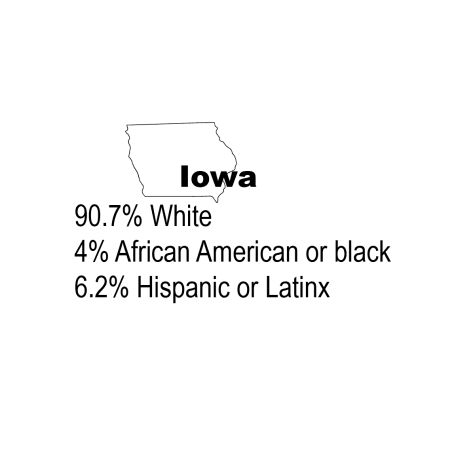
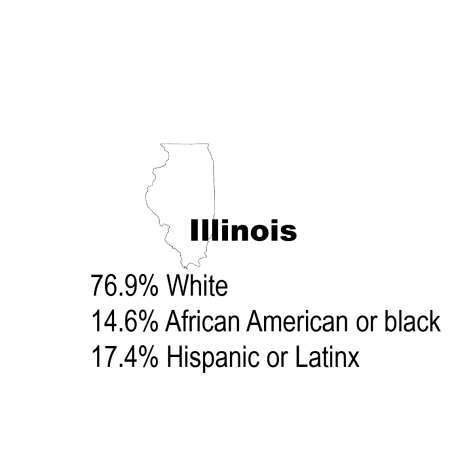
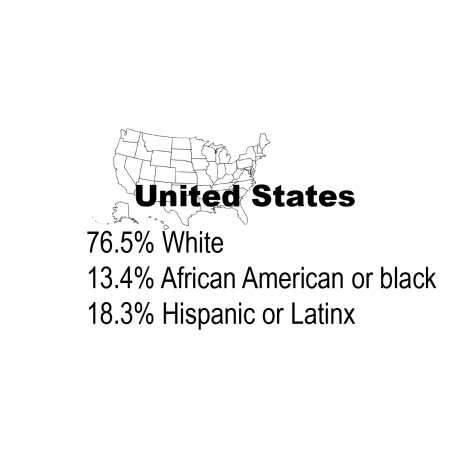
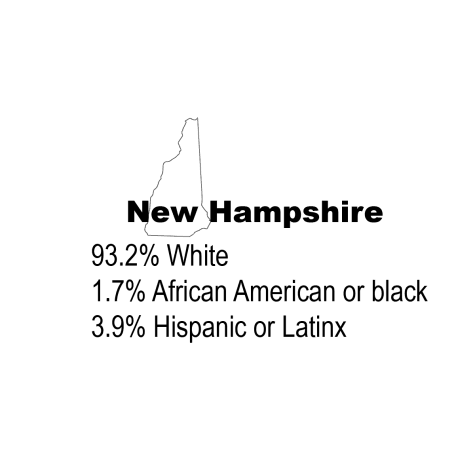 Pritzker continued at a press conference last week in Springfield, citing Illinois’s comprehensive diversity as the driving justification.
Pritzker continued at a press conference last week in Springfield, citing Illinois’s comprehensive diversity as the driving justification.
“This state is a diverse state in so many ways, in ways that Iowa and New Hampshire are not,” Pritzker said, going on to reference Illinois’s mix of rural, urban and suburban areas as well as the racial demographics.
This push comes after the rocky release of results and technical difficulties at Iowa caucuses as well as weeks of blunders by the Illinois Secretary of State’s office in their implementation of automatic voting registration – accidentally registering noncitizens and citizens under 18 years of age.
Despite this, Pritzker thinks Illinois is the best state to be first.
“We represent every aspect of the United States in Illinois,” Pritzker said, “and I think it’s appropriate of us to put ourselves first in the nation. If you can win in a state like this then you’re worthy of being the nominee of your party.”
Iowa is 90.7 percent white, 4 percent black or African American and 6.2 percent Hispanic or Latinx, compared to the U.S.’ 76.5 percent, 13.4 percent and 18.3 percent respectively, according to the U.S. Census Bureau. Illinois is 76.9 percent white, 14.6 percent black or African American and 17.4 percent Hispanic or Latinx.
New Hampshire, second in the primary process, is 93.2 percent white, 1.7 percent black or African American and 3.9 percent Hispanic or Latinx.
“Illinois’ racial demographics are much more closely representative to the demographics of the larger country,” said Annie Scoltack, a junior sociology major at DePaul. “Also, Illinois has almost four times the population of Iowa so I think it is definitely a more reasonable representation of the Midwest as compared to Iowa.”
“To be frank, there are more black and brown people in Illinois,” she added, “So it’s more representative.”
Going first in the primary isn’t the end-all-be-all of determining the Democratic nomination, but it’s important. The order of the primary doesn’t change the number of delegates a state gets in the national convention, but it can give momentum.
“The hope is that the winner in your state, if first or early, influences the states that come afterwards,” said Craig Sutter, part time professor in the School of Professional and Continuing Studies who also creates television and radio campaigns for political candidates.
This is often true. Only one candidate who’s placed lower than third in the Iowa caucuses has gone on to win the Democratic nomination.
Sautter doesn’t think Iowa is going to give up their place freely and New Hampshire will likely keep their place as the first primary vote, despite being even wealthier and whiter than Iowa.
“It is still popular with candidates, because it is small enough to get out and meet voters face-to-face,” he said, “and it is on the East Coast, easily available to reporters and media.”
In 2008, Illinois did move their primary earlier – from the third Tuesday in March to the second Tuesday in February so that it could be relevant in the Democratic primary for Barack Obama. The date was moved back after the 2010 election.
Sautter commented that sometimes Illinois residents complain that by the time March comes around, one candidate already has enough delegates to win. While this wasn’t true with Obama in 2008, it was in 1992 with Bill Clinton and in 2000 with Al Gore.
A concern with moving Illinois earlier is also Chicago’s expensive media market. Iowa’s inexpensive market gives the opportunity for candidates without a massive financial backing to gain momentum. Nielsen DMA rated Chicago as the third best media market. Des Moines-Ames is 68th.
“[The expensive media market] is a disadvantage to lesser known candidates who otherwise might emerge from the battle in smaller, less expensive states,” Sautter said.
Sautter is also not convinced moving Illinois up will even change its impact. Where the state is now, he said, could help “push a candidate over the top” after Super Tuesday, citing Bill Clinton and Al Gore’s election.
Another concern, Illinois weather.
“We could make a change and end up having less impact,” Sautter said, “stuck in a February snow or ice storm with low turn-out.”



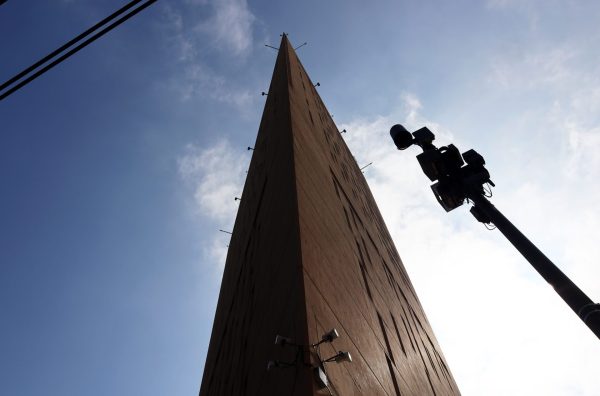
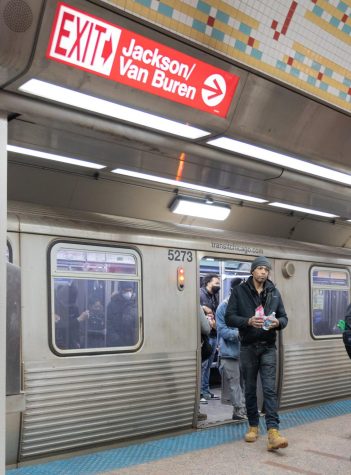


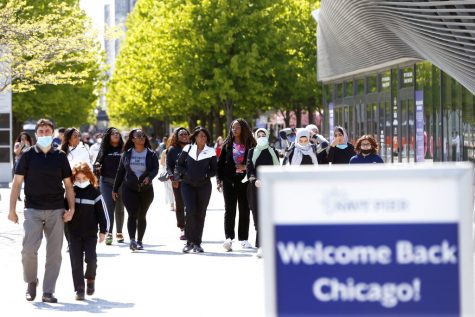










Jan Plumley • Feb 17, 2020 at 7:29 am
No way should Illinois be first. Our state is so crooked their would be no confidence in the voting!!!
Paul Kersey • Feb 16, 2020 at 9:36 pm
Tell Pritzker to take a couple more dumps he is full of it.Period
Paul Kersey • Feb 16, 2020 at 9:35 pm
Tell Pritzker to grab another bar b q rib and Taco or maybe 2or3 more looks like he could use it , by the way if there is a 70+% WHITE why then all the blacks on tv who is behind that.